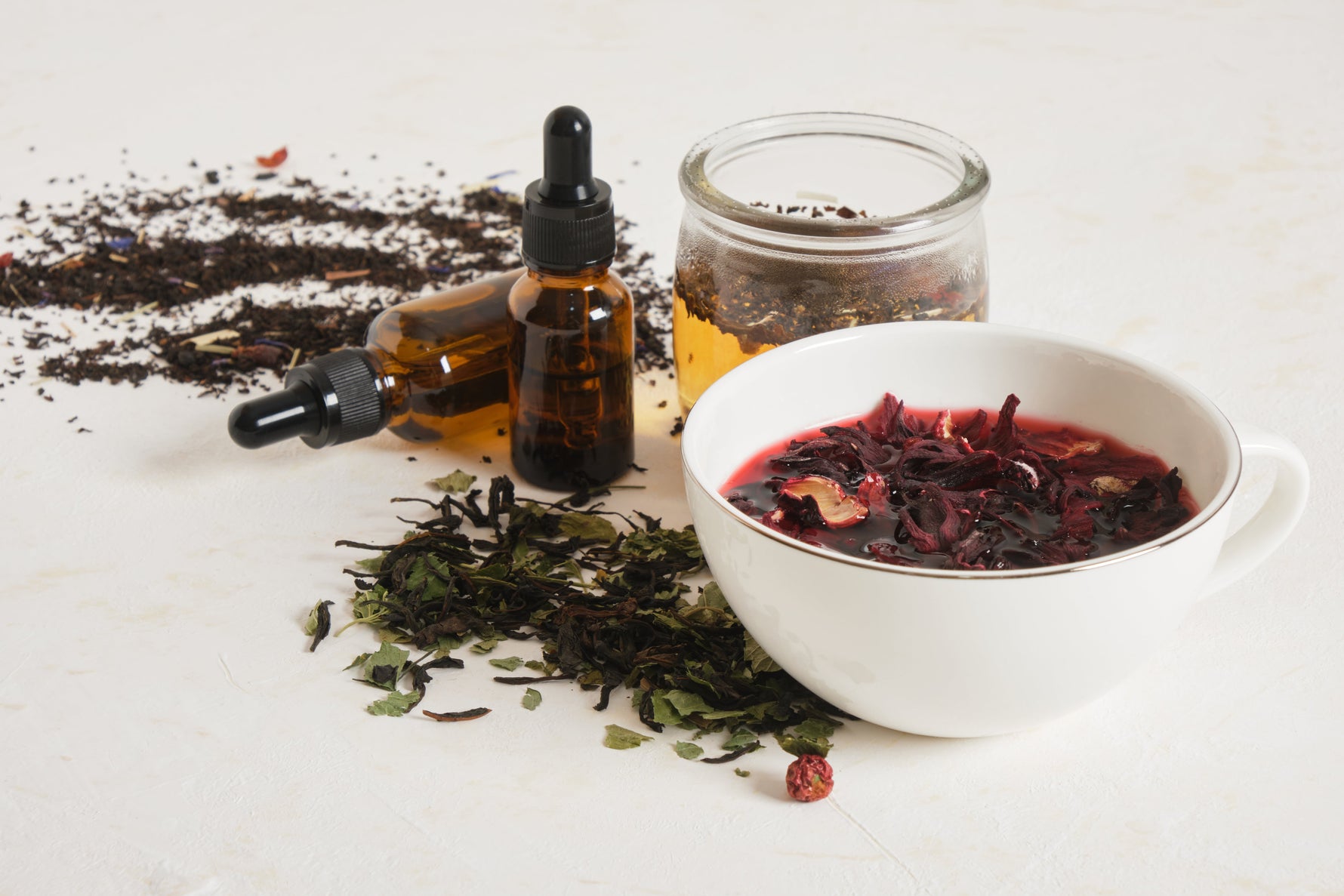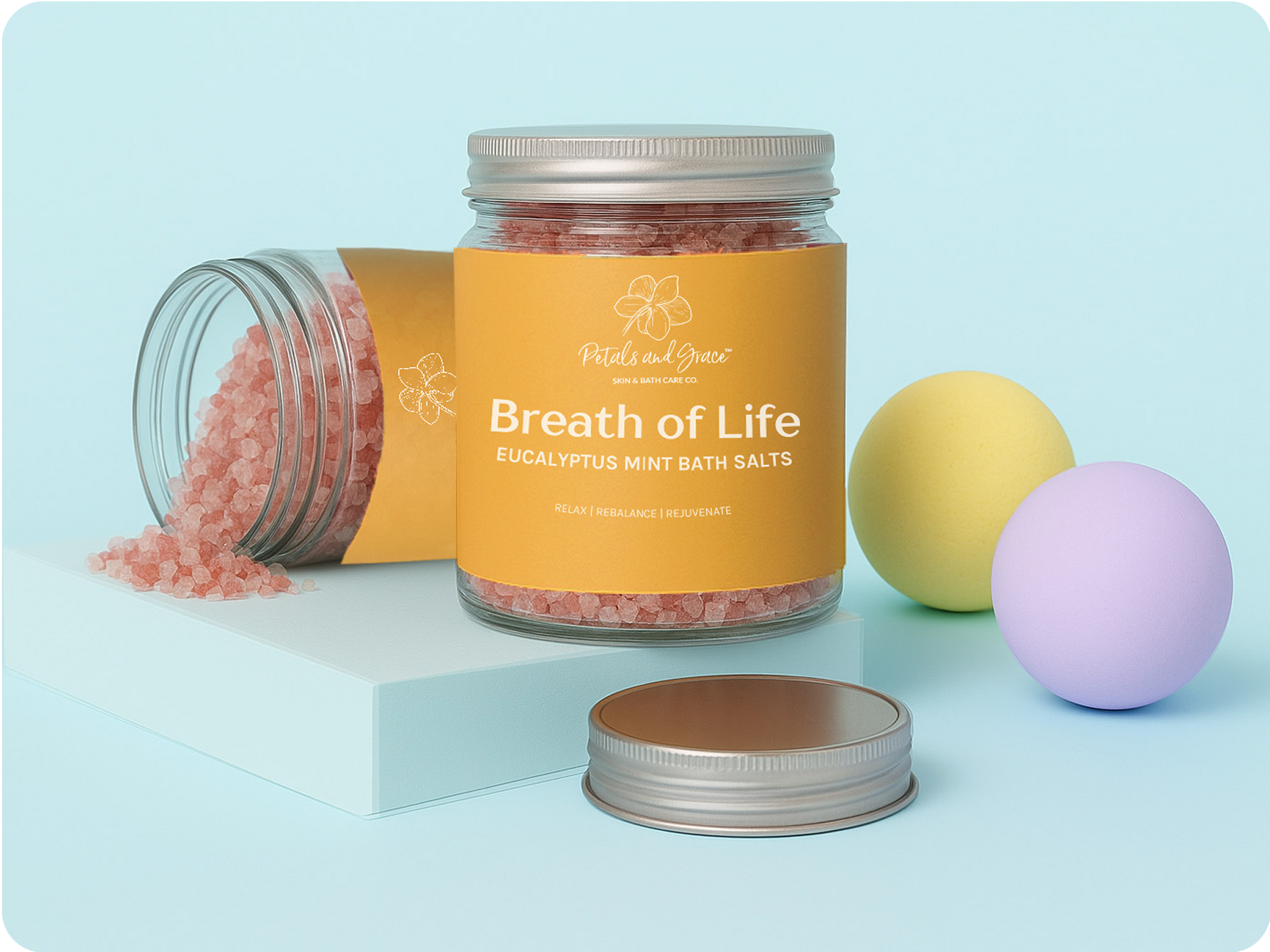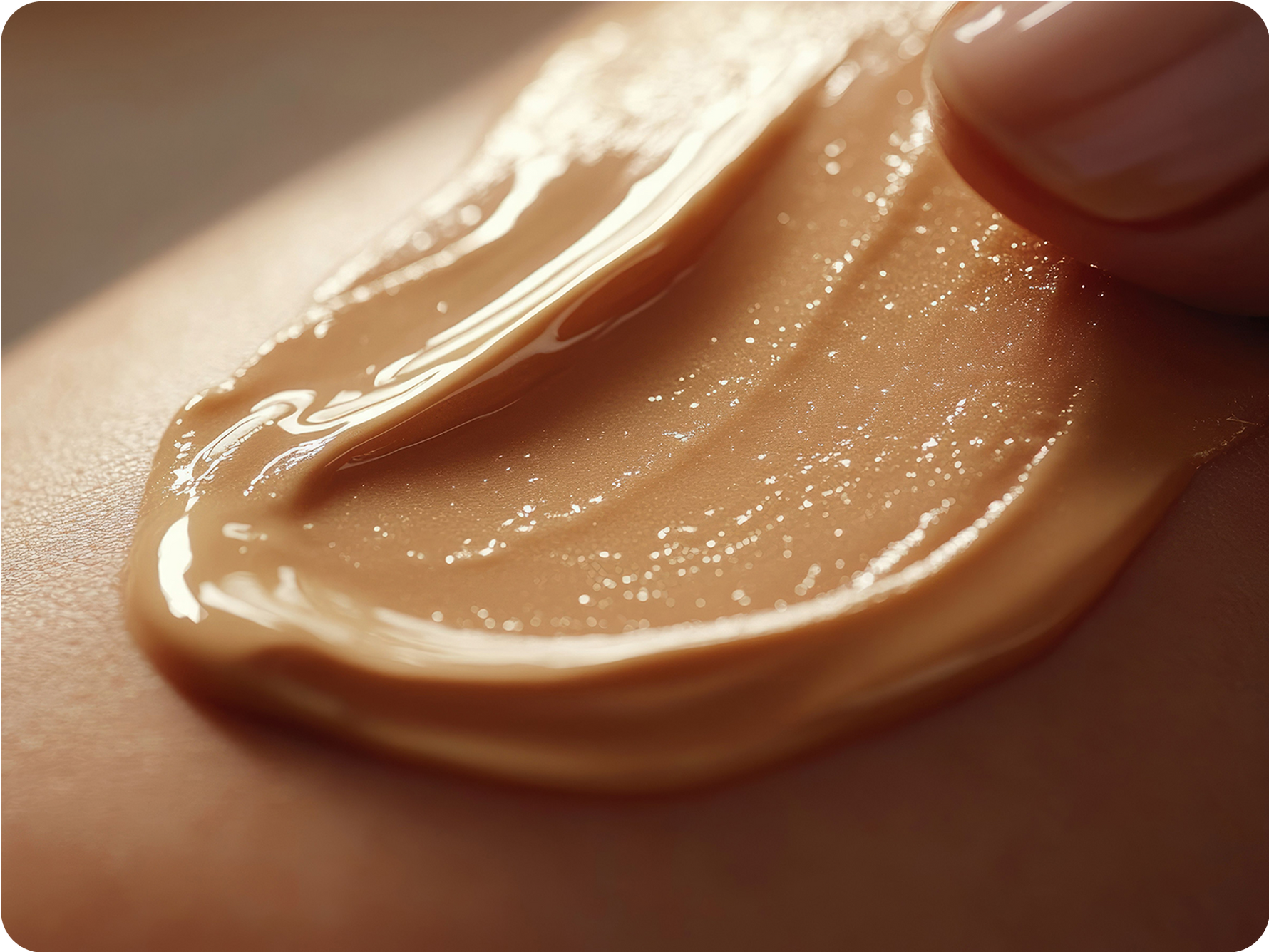Free shipping on orders over $90.00
SHOP NOW
Welcome to Petals and Grace – where skincare meets divine care
SHOP NOW
Special gift with every order over $150.00
SHOP NOW
We use cookies and similar technologies to provide the best experience on our website.

Inspired by Grace. Powered by Nature.
Skin & Bath Care That Nourishes the Soul
Blog posts

The Hydrating Benefits of Hibiscus for the Skin

The Benefits of Soaking in Bath Salts: Epsom Salt and Pink Himalayan Salt

Understanding the Skin Barrier: What It Is and How to Protect It
The Benefits of Exfoliating Your Body: A Dermatologist’s Perspective
Customer Support
Need help with an order or have a question about our products? We’re happy to assist you.
Email us at ronda@petalsandgraceskin.com
We aim to respond within 1–2 business days.
Ingredient Integrity
We only use ingredients we trust—plant-based, purposeful, and proven to care for your skin without compromise. Transparency matters here.
Events & Markets
There’s nothing like connecting face-to-face. Stop by one of our upcoming events to explore our products in person, ask questions, and find something new to love. Bring a friend and share in the experience—because good things are meant to be shared.
Partner With Purpose
We love collaborating with boutiques, ministries, and organizations that share our heart for meaningful, grace-filled living. Whether you're curating your shelves
or preparing gifts for a retreat, our products are made to nourish skin and
uplift the spirit.
Let’s create something beautiful together. Email me at ronda@petalsandgraceskin.com
